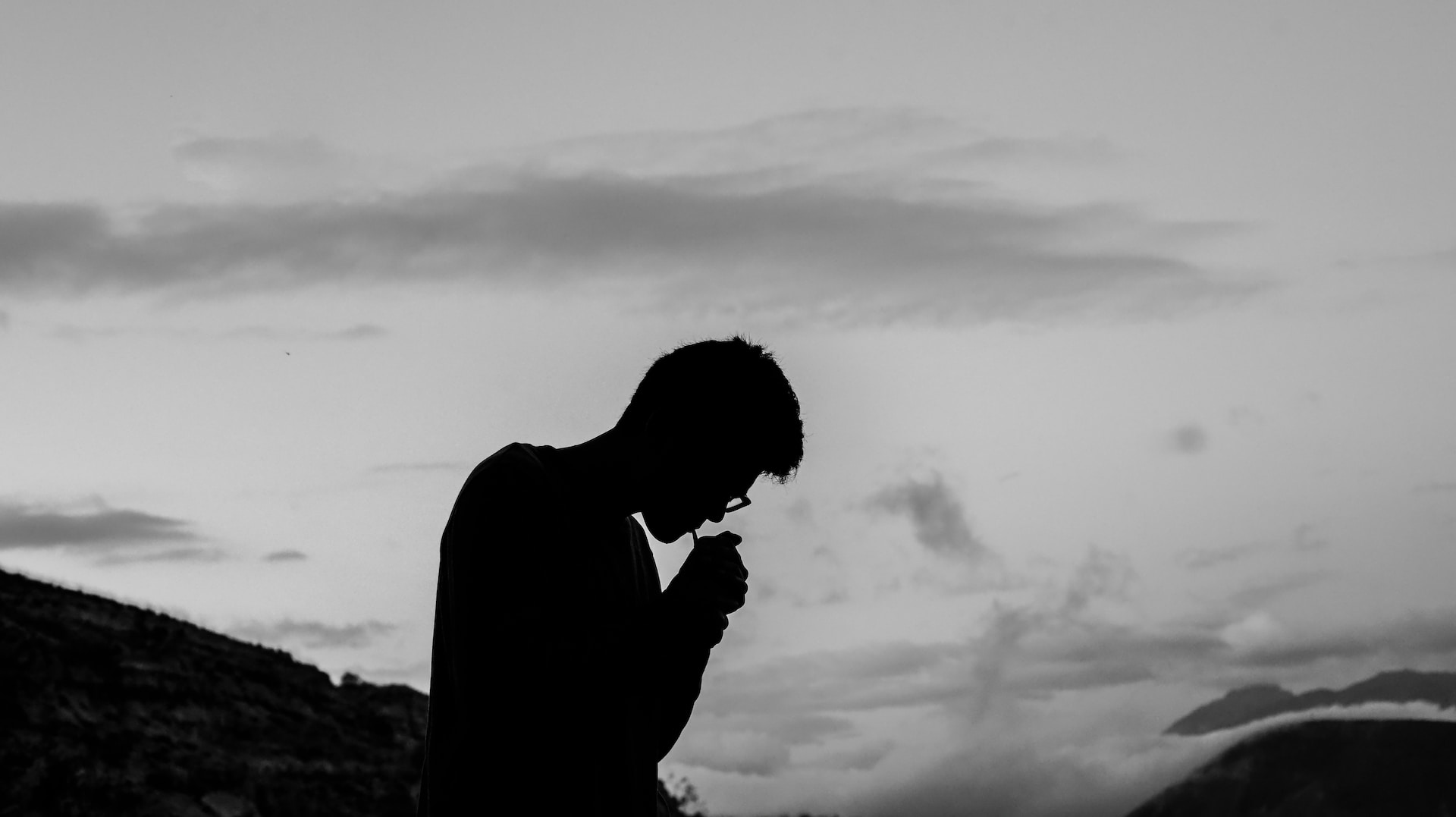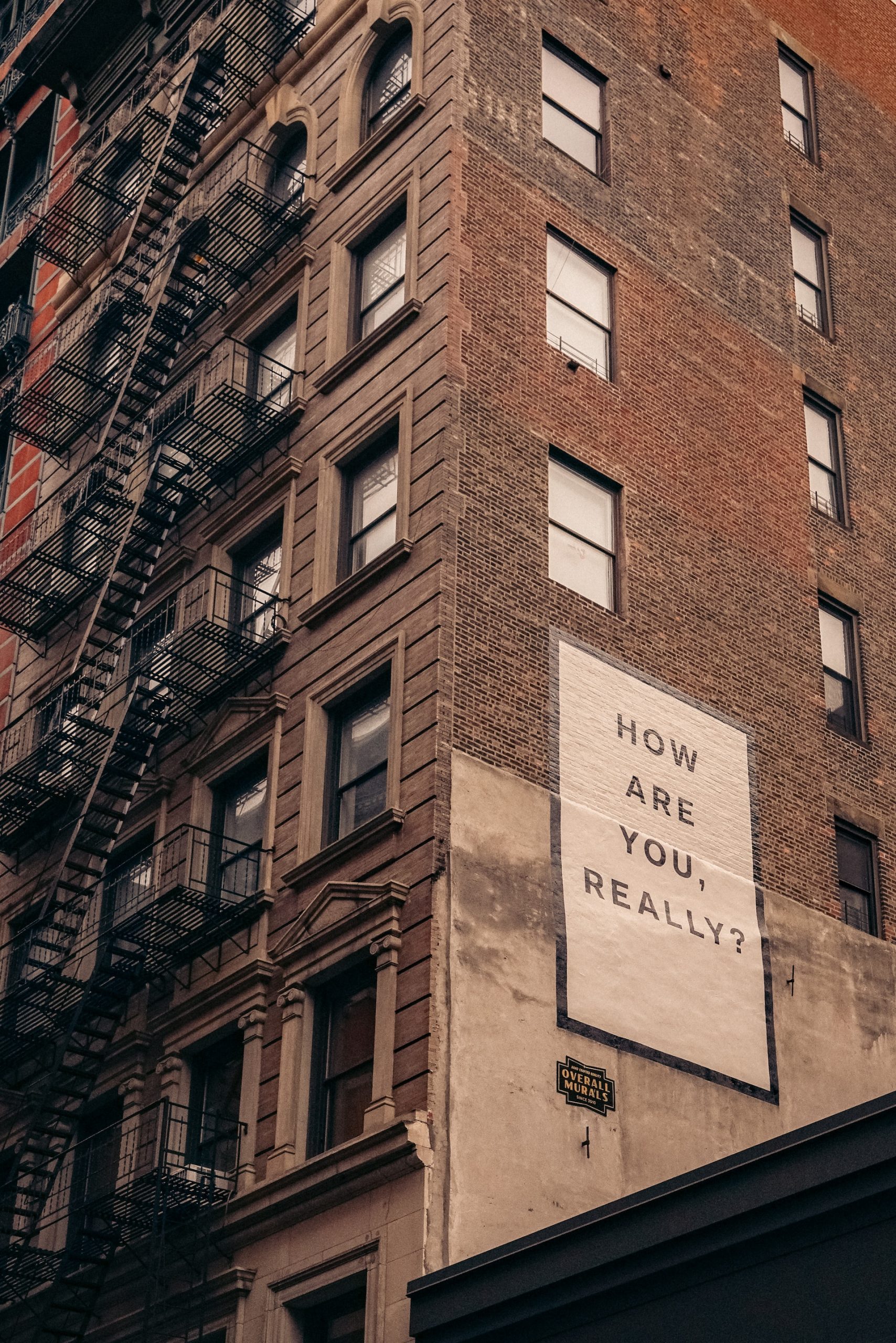How to Cope with War Anxiety 2023
By Ashley Barnes, M.S. War Anxiety War anxiety, also known as nuclear anxiety, is a common reaction to the news and images about conflict. This has been extremely relevant in light of the devastation of the Israel-Hamas war. Though research is still being conducted on the long-term effects of war anxiety, a Finnish study found that teens worried about a nuclear war were at increased risk for mental health disorders (ex: generalized anxiety disorder) five years later (Poikolainen et al., 2004). Research also indicates that media exposure to mass violence events can fuel a cycle of distress, and those more prone to anxiety are also more likely to seek out media coverage of crises (Thompson et al., 2019). Symptoms Symptoms of war anxiety are similar to many symptoms of anxiety disorders. Symptoms may be more cognitive, in the form of worries and anxiety thoughts. Symptoms can also be more physical, …






